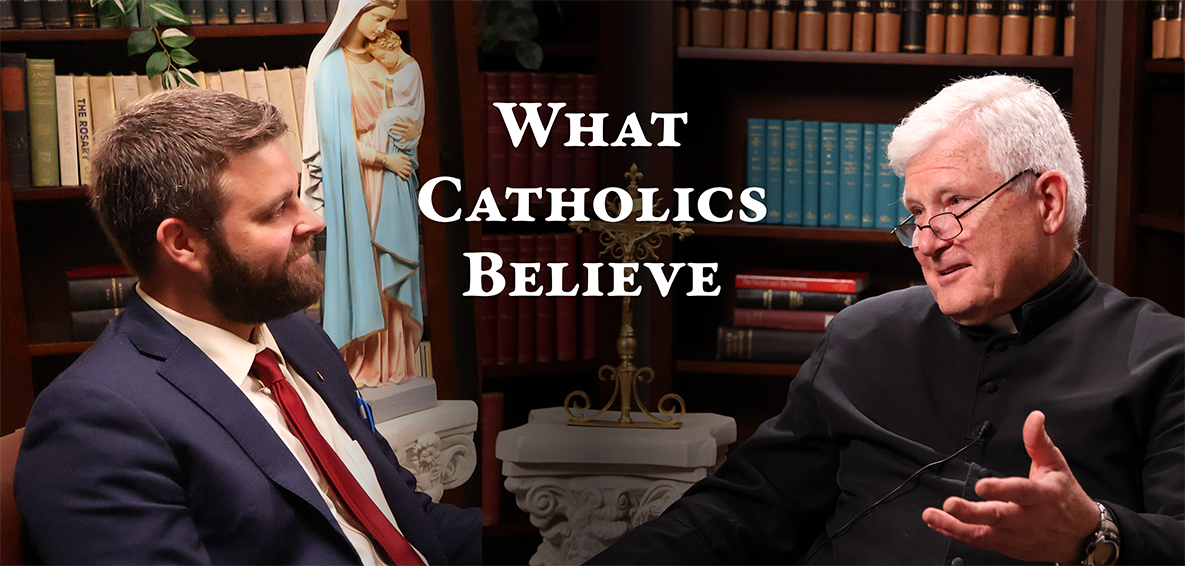What is the Sacred Paenitentiary?

The Catholic Church’s traditional Congregation of the Sacred Paenitentiary deals with matters regarding the punishment for sin demanded by Divine Justice—punishment both eternal and temporal—and the deliverance and rescue of souls from the punishment due to their sins. Thus, the Congregation applies the Mercy of God in a most generous way to the souls of sinful mankind, to the members of the Church Militant and the Church Suffering. The granting of an indulgence to those who offer the prayers of All Souls Day with faithful and loving hearts is an example of the function of the Office of the Sacred Paenitentiary.
Both the words punishment and repentance are related to the Latin word “poena,” as penalty. In committing mortal sin, we incur the sentence of condemnation to eternal punishment in Hell. When we repent of our sins with true contrition and receive sacramental absolution by the merits of Jesus Christ crucified, that sentence of condemnation is revoked and all of our merits are restored to us. We are no longer subject to eternal punishment. But our contrition, confession and absolution from sin does not solve the problem of the consequences of our sins in this world for the souls of others. By absolving us, God forgives the insult that our sins have caused Him, but there remains the damage that our sins have caused in the souls of other people by our negligence (failing to do what we should), bad example (leading others to commit sin) and scandal (driving others away from God).
Our sins against justice and against charity have serious consequences for those we influence badly in this world. Those consequences don’t simply “go away” because we repent of our sins that have damaged other souls. (A mere apology, no matter how sincere, does not of itself repair the damage.) And, yes—God does care very much about how we treat each other: witness the unforgiving servant (Mt. 18:34) and the unwelcome gift (Mt. 5:23) and the Our Father itself: “Forgive us our trespasses as we forgive those who trespass against us.” Even after our repentance and forgiveness for the sins committed against God, we are still responsible to God for the evil we have caused by those sins to the souls of other people. This accounts for the temporal punishment due to sin, even after the sentence of eternal punishment is taken away. For this, God has provided Purgatory, but also endowed the Church with the power of requesting His “indulgence” through the merits of Christ, Our Blessed Mother and all the saints. By their acts of charity during life, the saints have more than satisfied for the temporal punishment due to their own sins, and—because He loses nothing that is done out of love for Him—God allows this treasury of their merits and satisfaction for sin to be applied to our souls in need of relief from the heavy debt of the responsibility for our own sins and their consequences.

